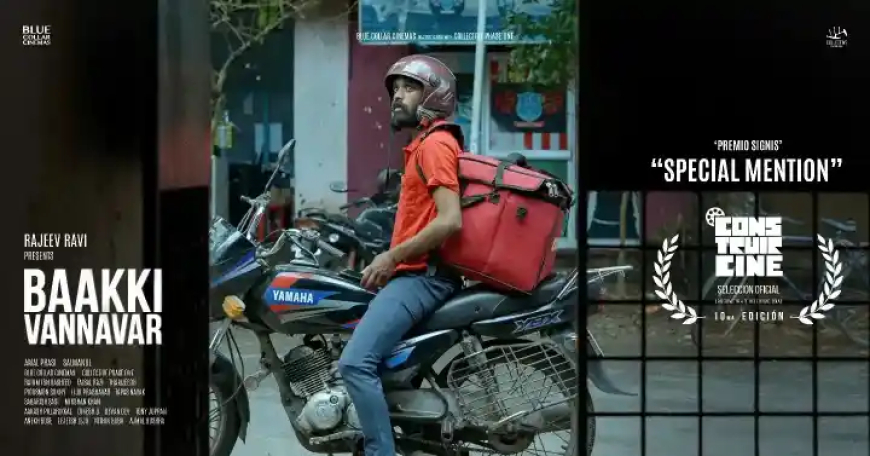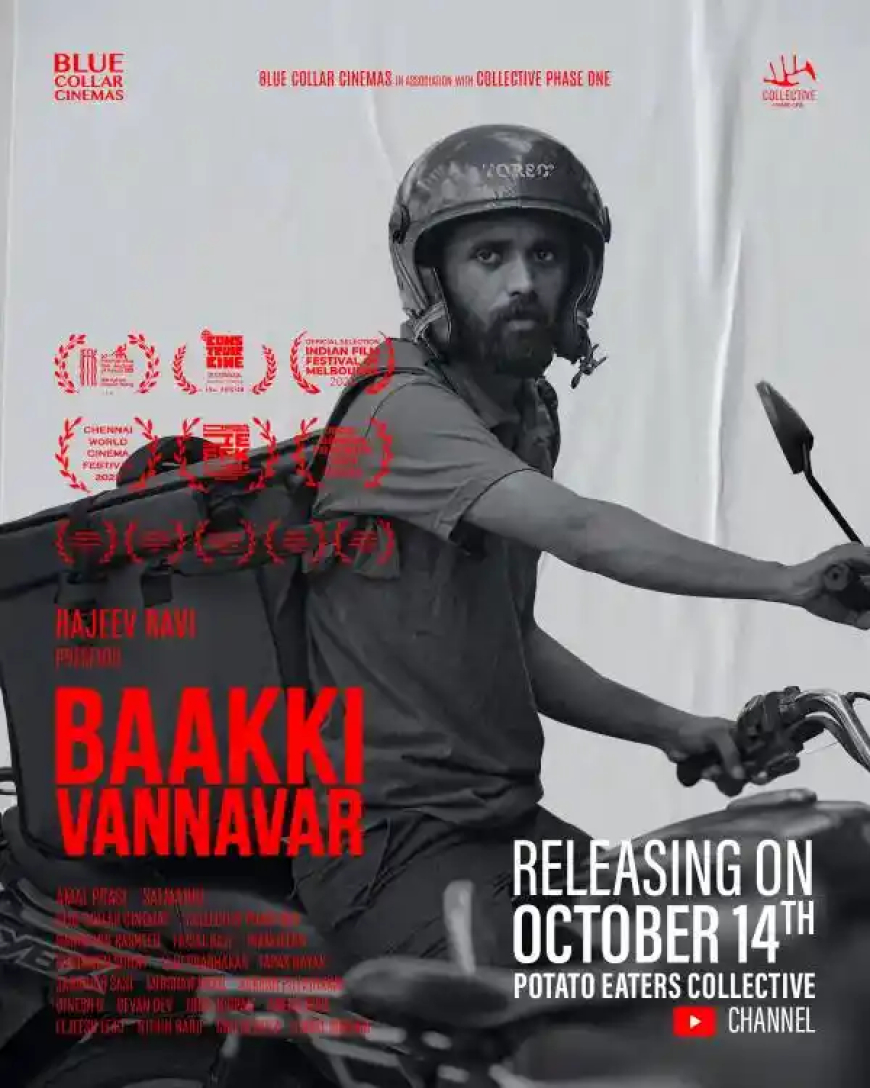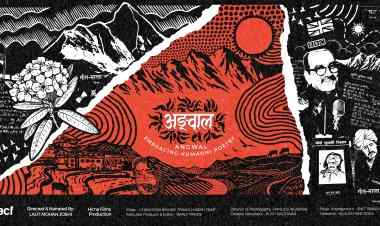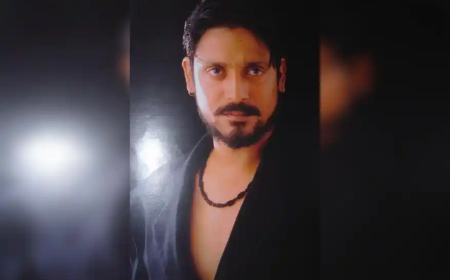Interview: Salmanul Faris
Dipankar Sarkar provides an insightful interview with filmmaker Salmanul Faris discussing his journey from college filmmaking to acting, writing, and creative directing the independent feature 'Baakki Vannavar' (The Leftovers).
Salmanul Faris graduated from Maharaja's College, Ernakulam, and later completed a diploma in video editing. At present, he is working as a post-production supervisor in the Malayalam film industry. His filmmaking journey began in college, where along with his friends from the same college, began making short films together.
Baakki Vannavar (The Leftovers, 2022), a Malyaaalam independent feature, where he played the protagonist, took shape after his colleague Amal and he left their jobs due to not being paid for several months. That experience motivated them to tell a story about the struggles faced by people like them. It sowed the seed to make their first feature film.
In this interview, Salmanul discusses his additional role as a co-writer, creative director, and his upcoming goals.
How did you collaborate with Amal Prasi to write the screenplay of the film?
The screenplay for the film was a collaborative effort between Amal Prasi and me. We spent much time in discussions, working out scenes, and organizing the storyline instead of writing everything down immediately. We made a scene order to guide us, then worked on each scene together, often revisiting and refining ideas. We even rehearsed a few times for some of the scenes, like the argument between the two protagonists, to get raw emotions and performances out.
What were the jobs assigned to you as the creative director?
I did not exactly have a defined structure while working as the Creative Director for The Leftovers. This was an extremely collaborative piece of work. At first, I was the producer on the film till it reached its premiere at the International Film Festival of Kerala (IFFK). It was mostly handled by me with just enough to sustain my daily costs of food and transportation which came to around 12,000 INR. Later, cinematographer Rajeev Ravi saw the project, became keen to work on it, and spurred us to take post-production to the fullest.
My main intention was to challenge the traditional role of a producer within a film, so that each technician and artist should feel himself/herself to be the real creators of the film; that's how I managed to build a team feeling ownership and collective creativity rather than having a single owner-the producer-to dictate the project.
The protagonist who survives working as a food delivery boy does not report being slapped or mistreated by a customer. Why is it so?
This slap brings the protagonist to silence, but hints at a complex history. The person asks in the scene if his "old madness" has settled, indicating that they have a shared past. It suggests that during his college days, the protagonist may have been more vocal, teasing or ragging this same person in the hostel. Years later, he uses this moment to settle an old score. This scene shows that hardships in life have made him into a quieter, more subdued person.
He chooses not to report the customer's behavior because he technically violated company rules by canceling an order when the customer did not respond. Reporting the incident will most likely get him terminated, which was another reason for his silent endurance. .
In one of the scenes, two boys in a hostel begin a debate over a book by Chetan Bhagat that soon escalates into a discussion about the lack of job opportunities in India. What was the function of this scene?
The initial debate about Chetan Bhagat, immediately shifted their debate to how scarce job vacancies are in India. We kept the whole thing raw and real. We practiced it many times so that language just flowed smoothly and so did emotions unfiltered. This kind of causal argument goes on freely between friends inside a hostel; they shout only to drink tea and share a cigarette together later on.
We haven't added anything to give it a "realistic" feel; we have tried to capture the authenticity of these very mundane conversations that reflect frustrations and aspirations of today's young minds.
Why is the film released on Youtube?
We pitched the film to a number of OTT platforms, but they rejected it. We felt that Potato Eaters Collective would have been the best platform for our film. However, we didn't want it to go unseen so we released it on YouTube to reach audiences directly. That way, we could freely share the story with everybody, particularly since the themes resonate very much with the common struggle of everyday people. YouTube allowed us to keep the spirit of the film alive by making it accessible to everyone.
What are your plans for the future?
We are currently working on quite a number of stories for our future plans; some aspire to tackle calamities the working class suffers. We just want to sustain the ethos of the Blue Collar Cinemas, our creative venture: telling stories rooted in working-class struggles and perspectives. We aim to focus on stories that resonate with real-life experiences and use our films as vehicles in showing social issues.
****
What's Your Reaction?



































































